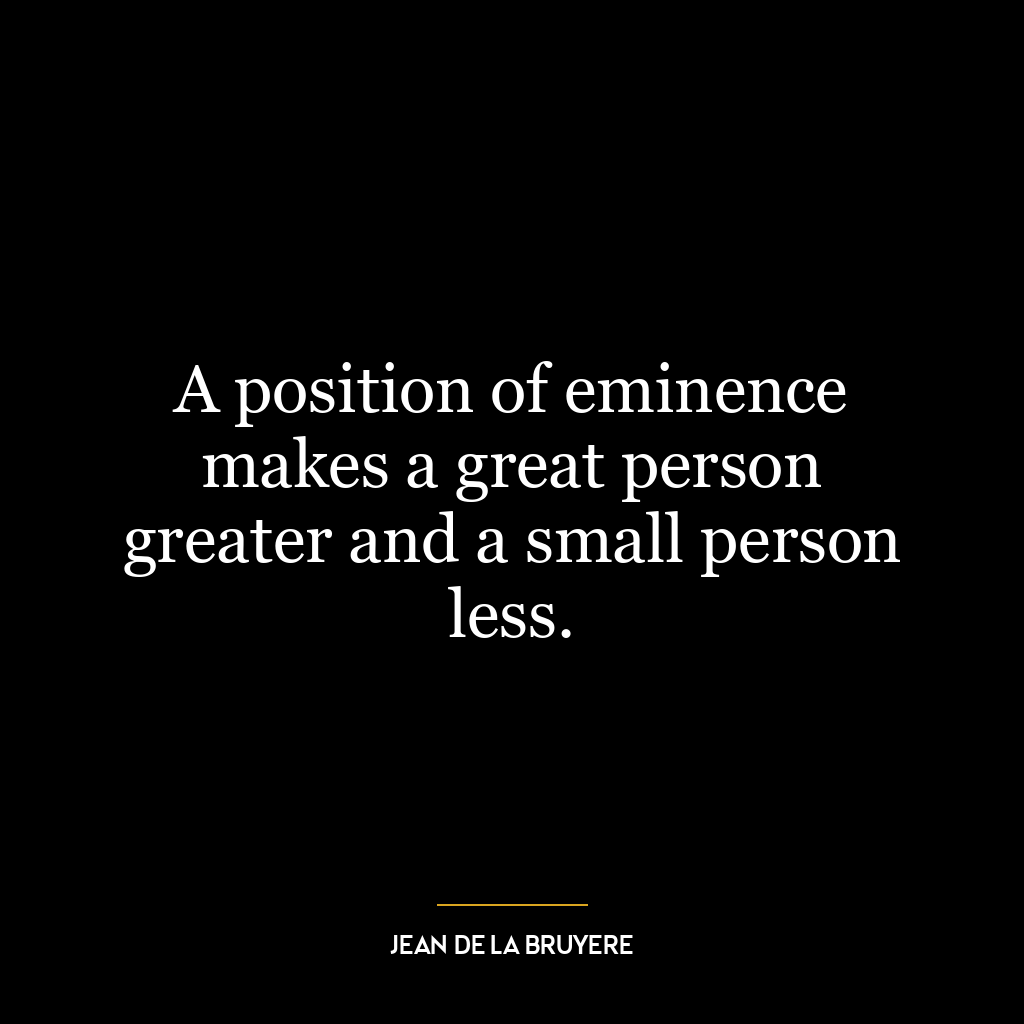For He (God) seems to do nothing of himself which He can possibly delegate to His creatures.
This quote suggests that God, in His infinite wisdom and power, chooses to delegate tasks to His creations rather than doing everything Himself. It underscores the idea of God as a loving creator who entrusts responsibilities to his creatures, thereby enabling them growth and development. This delegation is not due to any inability or unwillingness on God’s part but reflects His desire for His creatures to participate in the unfolding of their destiny.
In essence, it implies that humans are not passive recipients of divine will but active participants in shaping their own lives and the world around them. It emphasizes on free will – our ability to make choices – as a gift from God.
Applying this idea today could mean recognizing our own potential for action and responsibility. In a world that often feels overwhelming, we may feel like insignificant cogs in a vast machine. However, this quote reminds us that each individual has been given tasks by the divine – big or small – which they alone can fulfill.
In terms of personal development, it encourages us not just passively accept circumstances but actively engage with them. We are called upon by our Creator to use our talents and abilities for good; we have been entrusted with certain responsibilities only we can carry out. This perspective can empower individuals towards self-improvement and growth.
Moreover, it also speaks about cooperation between all creatures under God’s guidance: just as He delegates tasks within his divine plan; similarly we should learn how delegate tasks effectively within our lives or workplaces instead of trying do everything ourselves – an important lesson in leadership.
Therefore this concept promotes both self-reliance (recognizing one’s own role) and interdependence (realizing one’s part within larger community).








